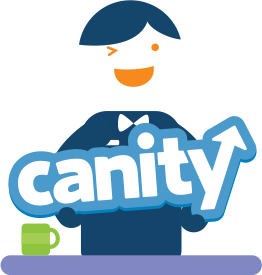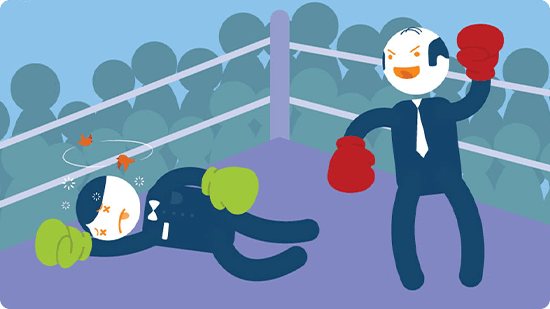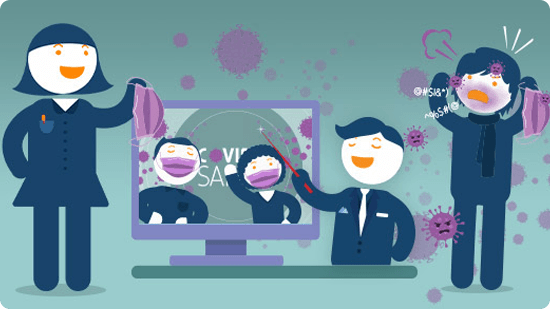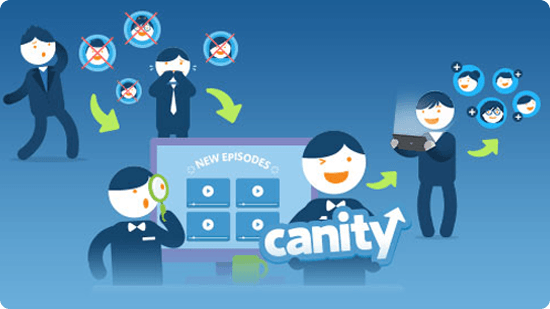Picture this… It’s Wednesday afternoon around 3pm and your second coffee hasn’t kicked in yet. You’re falling flat fast, and you’ve just been reminded that you and your team are off on a two-day staff training course tomorrow morning.
It’s now tomorrow morning. As you wipe the sleep from your eyes you consider the two days ahead: “Training Today for Tomorrow” is an intensive course in the city run by a local business tycoon, featuring mountains of workbooks, hours of PowerPoint presentations and stale, flavourless coffee.
After you consider the above, you decide to call your office, put on a feeble, raspy voice and let them know you’re simply too sick and contagious to even consider coming in.
Office Déjà Vu
If this scenario sounds familiar you ought to consider an alternative training method that ensures your staff motivation remains high. Seeing as developing new skills within a role has mountains of benefits, you would assume your staff are naturally motivated to undertake training. However, if the training offered isn’t compelling or interesting, you’ll be hearing more snores than light bulbs going off in heads.
If you’re reading this thinking “but my employees are happily motivated to train – and excited too!” you’d better check yourself before you go out and buy a World’s Best Manager mug.

The Numbers Don’t Lie
Staff training has a major impact on employee motivation and retention within a company, as shown by Talent Management Software Company, Clear Company, who found a number of staff development statistics that offer some serious food for thought:
In 2016, 87% of millennials felt that professional development or career growth opportunities were very important.
In 2016, 68% of workers felt that training and development was the most important workplace policy.
40% of employees who receive poor job training leave their positions within the first year.
So it’s clear that staff value and desire training, especially within their chosen career, but their personal motivation will likely be dulled by “traditional” training methods that don’t engage with them. Staff also value flexibility within their organisation, and by default, that out-of-office seminar you’ve pre-booked is going to get in the way of their imperative daily tasks. This kind of training turns up-skilling from an exciting prospect, into something that’s dreaded.

Keeping Your Staff Awake
Here’s a newsflash: training doesn’t have to be a drag! And even better – it can be fun too! Gone are the days when a company would be forced to arrange an out-of-office, day-long training seminar in order to up-skill their staff. This approach not only puts a dip in the office budget, but it also inconveniences staff who may otherwise need that day to focus on their usual to do lists.
In this modern age, online training has made it easier than ever to keep the training flexible, allowing staff to be in charge of their own up-skilling altogether. From a staff point of view, up-skilling not only makes you more confident in your role, it also adds value to your professional resume. So if you can receive that training in a captivating way, you’re far more likely to retain those new skills and take them into your next career move.
Canity customer service training exemplifies all these benefits through short, sharp and – most importantly – engaging videos. If you want your staff to improve their phone skills, learn how to better deal with difficult customers or become all-star sales superheroes, and you’d like them to do this with enthusiasm, Canity is the way to go.













